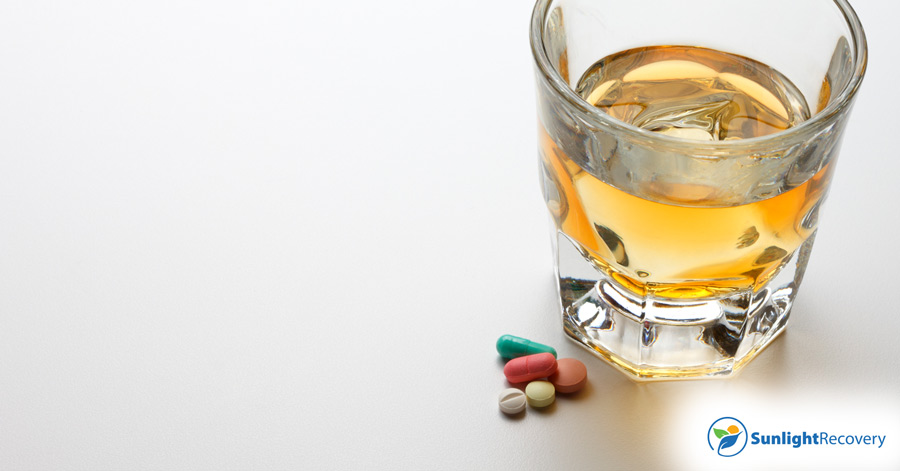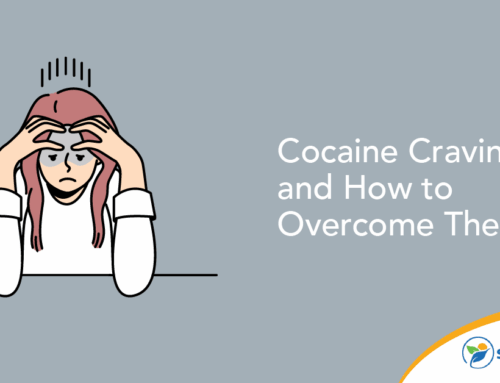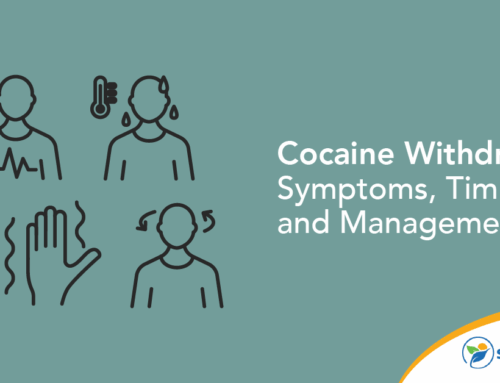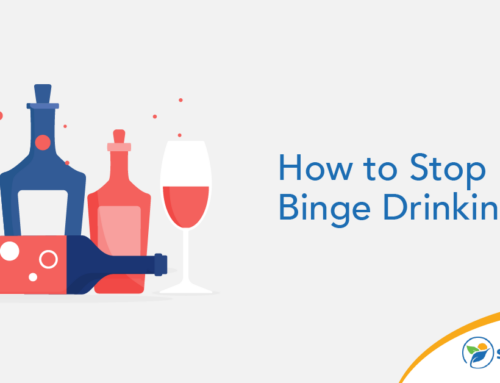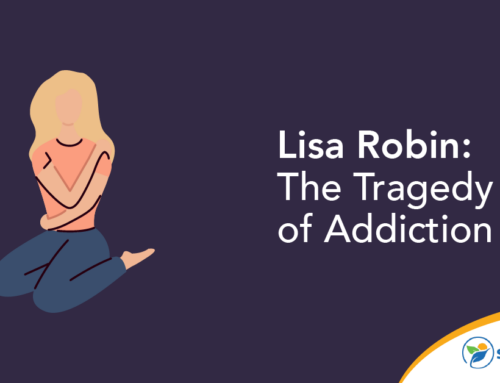You see it in movies and on TV all the time: individuals drowning their sorrows in a bottle of alcohol. In daily life, drinking is common for someone who’s lost their job or experienced a breakup. This is because drinking provides immediate relief from the pain of depression, so people tend to self-medicate with alcohol and antidepressants.
Studies show approximately 64% of alcohol-dependent individuals show signs of depression. So, it’s not hard to believe those who drink also take antidepressants. However, combining the two substances can have some detrimental effects. Keep reading to learn more about the side effects and why you should avoid alcohol when you receive treatment for depression.
What Are Antidepressants?
Antidepressants are psychiatric drugs commonly prescribed to treat or prevent clinical depression, a serious mental health condition that affects how you think, feel and react. These drugs work by increasing the feel-good chemicals, like serotonin and noradrenaline, in the brain. Overall, antidepressants make you feel better and can relieve symptoms of hopelessness and sadness, but they can take several weeks to work. Approximately one-third of all adults who’ve been diagnosed with depression take antidepressants. With so many adults being treated for mental health issues, it’s easy to see why some ask, “Can you drink on antidepressants?”
Main Types of Antidepressants
There are five main types of antidepressants, each with its own side effects.
Selective Serotonin Reuptake Inhibitors (SSRI)
SSRIs are the main class of antidepressants used to treat depression. These drugs are safe and effective at increasing the serotonin activity within the brain. Common side effects include weight gain, sleep disturbances, anxiety, dizziness and headaches. While there aren’t any alcohol-safe antidepressants, SSRIs are the safest antidepressants for light to moderate drinkers.
Serotonin and Norepinephrine Reuptake Inhibitors (SNRI)
Unlike SSRIs that only work on serotonin, SNRIs work on serotonin and norepinephrine to address feelings of sadness, irritability, anxiety, ADHD, OCD and nerve pain. Common side effects include insomnia, dizziness, sweating, fatigue and loss of appetite.
Tricyclic Antidepressants (TCA)
TCAs are one of the first types of antidepressants. While they’re still effective at treating depression and other mental health issues, TCAs aren’t prescribed as often as newer medications due to the underlying side effects, which include blurred vision, rapid heart rate, tremors and weight gain.
Monoamine Oxidase Inhibitors (MAOI)
MAOI medications are strong antidepressants that work on serotonin, dopamine and norepinephrine to help regulate moods. These medications aren’t used often due to the overdose potential.
Noradrenaline and Specific Serotonergic Antidepressants (NaSSA)
NaSSAs are the most sedating antidepressant, which works well for those with insomnia or anxiety. They’re also one of the weakest antidepressants. Common side effects include weight gain, heart rhythm issues and tremors.
Alcohol’s Effect on the Body
Many people drink alcohol due to the calming effect it has on the body. Some people rely on an after-work drink to reduce stress, while others find drinking at social events normal and safe. When used moderately, alcohol can be a good relaxing agent, but long-term, heavy use has a negative impact. Each year, excessive alcohol use causes approximately 140,000 deaths.
For both casual and excessive alcohol use, there are short-term and long-term health risks.
Short-Term Health Risks
- Accidents and injuries due to alcohol impairment
- Increased violence
- Alcohol poisoning
- Risky behaviors due to relaxed inhibitions
- Problems in pregnancy, including miscarriage and stillbirth
Long-Term Health Risks
- High blood pressure
- Cancer
- Weakened immune systems
- Memory issues
- Social problems
- Alcohol addiction
- Increased depression and anxiety
Risks of Combining Alcohol and Antidepressants
Approximately 17.3 million Americans, or 7% of the population, struggle with depression, and 20% have a substance abuse disorder. Substance abuse and depression often go together, and while it’s common, combining antidepressants with alcohol is never a good idea.
Alcohol works as a central nervous system depressant. Drinking alcohol, even in small amounts, can make you feel drowsy and dizzy. After a few drinks, you’re likely to slur your words, have blurred vision and find it hard to walk normally. Depending on how many drinks you consume, it takes time to sober up and lose that high feeling. If you drank heavily the night before, you’re likely to have a high concentration of alcohol in your bloodstream, which can cause excessive thirst, dehydration and headaches.
Combining alcohol and antidepressants can increase or worsen all these side effects. Alcohol use changes how antidepressants work, which increases your likelihood of an overdose. Depending on which type of antidepressant you take, you may increase your risk of heart issues and stroke, and in some cases, combining the two can be fatal.
The most common side effects when combining alcohol and antidepressants include:
- Increased impairment
- Dizziness
- Loss of motor control
- Feelings of hopelessness
- Increased depression
Side effects differ depending on what type of antidepressant you take. Some combinations result in only minor side effects, while others have a major impact on your physical and mental health. Because side effects are different from one individual to the next, it’s best to avoid drinking while taking antidepressants.
- SSRIs: Increased intoxication
- SNRIs: Liver damage
- TCAs: Increased depressive episodes and increased intoxication
- MAOIs: Spikes in blood pressure that may require immediate medical attention
- NaSSAs: Increased risk of seizures
Managing Risks When Drinking Alcohol and Taking Antidepressants
If you’re concerned about misusing antidepressants and alcohol, a substance abuse treatment program can help. Depending on your level of alcohol addiction, you may choose an inpatient or outpatient program.
If you’re taking an antidepressant and plan to drink, mention it to your doctor first. You shouldn’t stop taking your medications just because you plan on having a drink. Stopping and starting your medications can make your depression worse or cause your antidepressant to be ineffective.
Alternative Methods to Manage Depression
While antidepressants are the first choice for treating depression, other methods can help. Psychological treatment, such as cognitive behavioral therapy or talk therapy, can help you identify the cause, address these issues and make it easier to navigate your feelings.
Other ways to manage depression include:
- Yoga or relaxation techniques
- Regular exercise
- Acupuncture
- Engaging in a new hobby
- Massage
- Herbal remedies
If you or someone you love is struggling with depression and alcohol abuse, we can help. To learn more about the services we offer at Sunlight Recovery, contact one of our counselors 24/7 to get answers to your questions and start on the path to healing.


